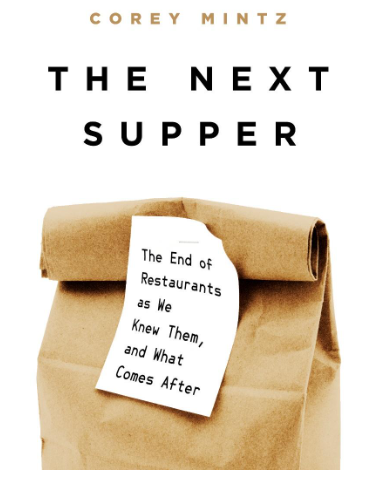In the same way Anthony Bourdain exposed the restaurant world in Kitchen Confidential, Corey Mintz takes a look at some of the most egregious practices still going on in your favourite restaurant and supermarket. Couple that with the pandemic and its axe on traditional food service in North America, you have quite a scathing report, with a touch of encouraging hope for the future.”
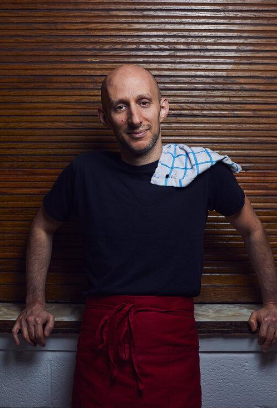
In reviewing this kind of book, I insert sticky notes where I learn something meaningful. My copy of The Next Supper looks like a confetti party…each chapter unveiled another layer of the food industry to which we all should pay attention.Mintz draws us a picture of our food consumption and understanding of our food source in history: “At the dawn of the twentieth century, with 41 percent of America’s workforce employed in agriculture, people had a direct relationship with their food source. By the 1950s that had fallen to about 12 percent. In 2017 it was 1.3 percent. Human civilization has urbanized. Because of it we enjoy a lot of convenience. That massive migration toward urban centers means that most of us don’t have any real connection to where food comes from, how it’s produced, or who grows it.” (page 4) When I lived on my parent’s farm, we fed a family of 8 on $20 a week grocery bill. The rest came from food exchanges between farmers, growing and preserving our own food and the concept of no food waste was standard.
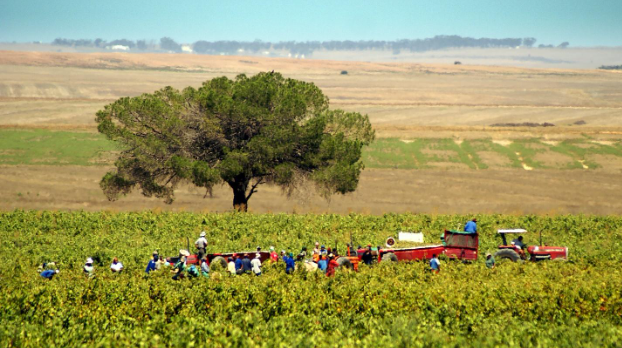
We want what we want, when we want it…and the empty store shelves of the early pandemic days sent us into a frenzy. Mintz explains this phenomenon thusly, “This was our worst instincts at play – some of us hoarding more than we needed at the expense of others having enough (toilet paper). I understand and share the anxiety. North Americans are not accustomed to seeing empty shelves. In a society where we have instant access to everything all the time, the thought of eating beans and peas, because there is no beef or broccoli on the shelf today, is repellent. It’s a psychological threat to our culture’s perception of abundance.” (page 262)
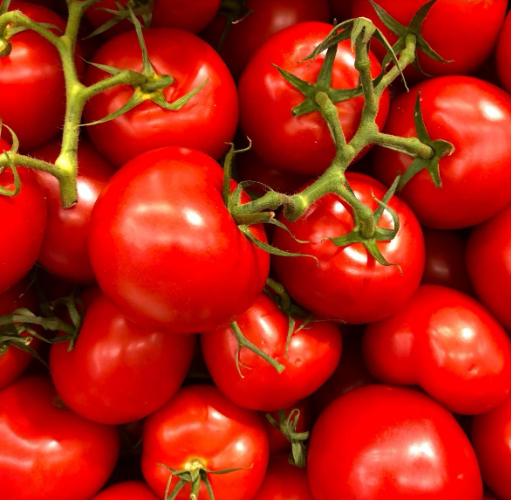
And then when we do have access to what we want, it needs to be perfect and available during off-growing season. This demand has produced an agricultural market that creates abuse many of us know nothing about. “Would you buy a tomato if you knew it was picked by slaves? One growing operation was fined $1.3M for more than thirteen thousand child-labor violations.” (page 192) “Because agricultural workers are some of the least visible members of our society, they are most marginalized and brutalized.” (page 181)
And what of environment impacts? Mintz shares his love of Snickers until he learns how the ingredients are harvested for this one chocolate bar, “I’ve learned they’re made with palm oil, which contributes to deforestation in Indonesia that will soon drive orangutans to extinction, and chocolate from the Ivory Coast, a region rife with forced child labor. Once you know that, how does that affect your eating choices?” (page 12) Mintz then takes a look at food waste that defines common sense. “The best way to get people to not waste food is for them to feel the preciousness and dearness of food, whether it’s through economic measures or scarcity itself. I would never wish that on anyone but as we’re trying to find a silver lining to this pandemic, maybe that is one.” (Jonathan Bloom, page 279) Check out our Book Review section for a great cookbook showing you how to minimize your food waste: Cook More, Waste Less. (Christine Tizzard, Appetite by Random House®)
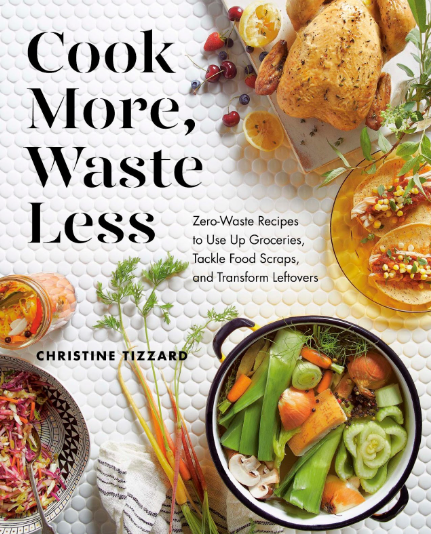
Food deserts are another topic for consideration. From a position of privilege, we can get into our cars and drive to one of many grocery stores or farmer’s markets and purchase the best and most of any food we want. Turn that concept on its head, and know that in many areas across North America, there is no grocery store outside of a dilapidated Walmart with questionable fresh food, transit-reliant and no car access communities, and a multitude of fast food establishments along “the strip”… this is where the poorest and most marginalized eat. Over the long term, unhealthy choices due to limited access affects the health of the individual and puts a burden on the health system.
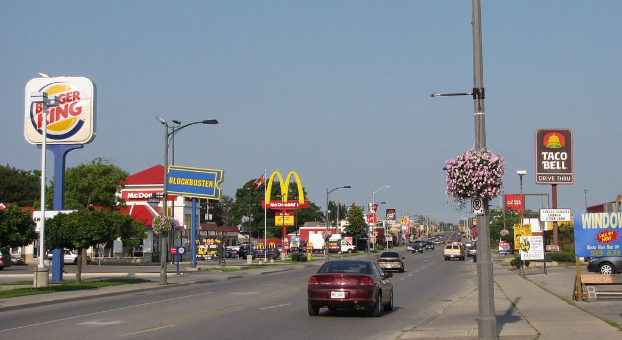
Then Mintz turns his focus to the restaurant industry – many of us have no idea about the inner workings of your favourite chow joint. Between the scathing working conditions (many contributing to employees with PTSD) to the subminimum wage for tipped workers (some as low as $2.13/hour in the US), add to that the historical practice of tipping (not a source of income in the poorest of neighbourhoods), the restaurant workplace is not for the faint of heart but a necessity for many to remain employed. And then the proverbial hammer of the pandemic came down on many of their heads.
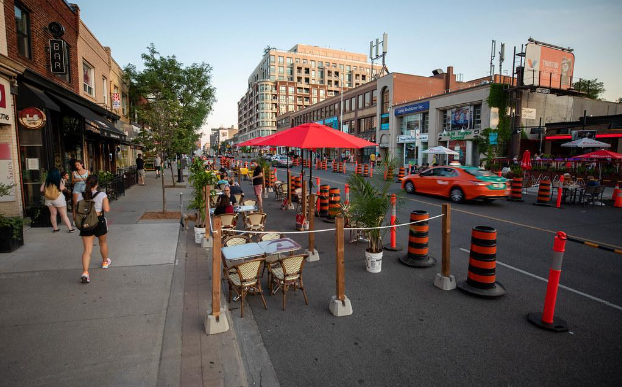
Trying to regain some of the market share of food service post-pandemic, the publicity stunts that are flashy and hyper-inspired on the outset, has a back story that will make you sit up and say, what? With social media influencers and click bait research with questionable boundary issues, we’re dazzled by the newest and brightest hot spot to eat. Instead, the author urges us to explore and try the mom-and-pop restaurants in your neighbourhood that not only depend on your business to pay their bills but provide the most authentic dishes and flavours no new fusion this-and-that bistro can provide. I like to ask our authors for their favourite dishes. Corey makes Tam Tang Kwa (Cucumber Salad) with variations that makes each rendition different: add whatever vegetables or protein you have left over and voila, a new dish is created. Go to our Recipe section and start experimenting!
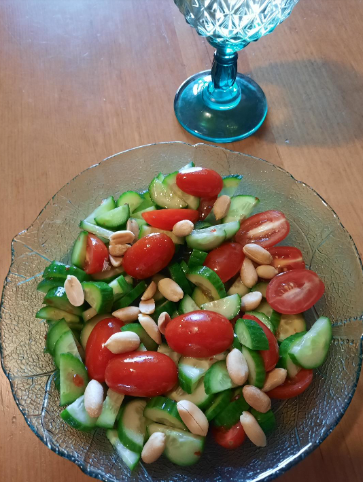
If you buy any book this fall, make this one at the top of your wish list. A great exposé of the food and restaurant world that will make you think twice about what and where you eat. Get it at https://coreymintz.ca/the-next-supper or go to our Giveaway section to win an autographed copy of this impactful tome.
Contents and images used with permission by Hachette Book Group Canada and Corey Mintz. https://www.hachettebookgroup.com/titles/corey-mintz/the-next-supper/9781541758407/


